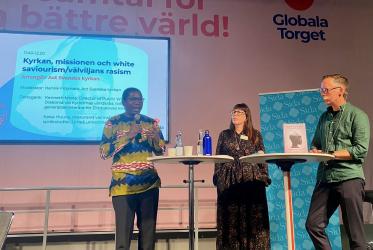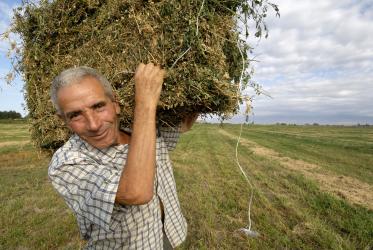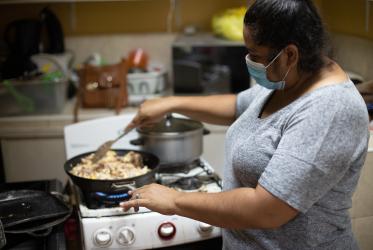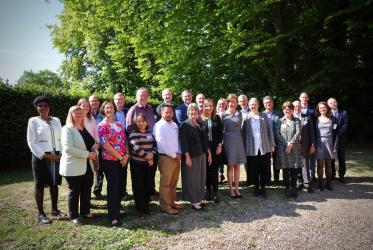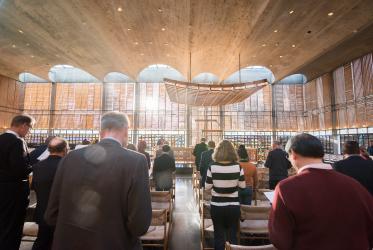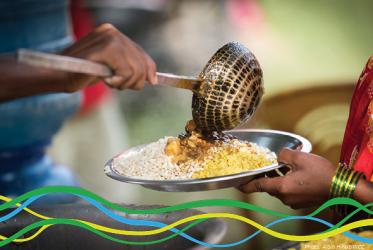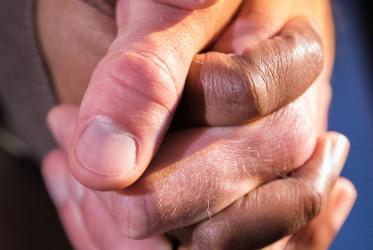10 June 2018
The Global Day of Prayer to End Famine hopes to unite ecumenical partners and faith communities all over the world as a prayerful and spiritual movement to: encourage prayer, reflection and action with information and suggestions; bring awareness regarding famine’s impact on the most vulnerable children and families and to help address its root causes; connect with church-related and other humanitarian organizations that are currently working to bring immediate relief and positive long-term change so children and families can live out God’s aspiration for a dignified, peaceful and violence-free future; help communities and congregations to uphold each other in prayer and support, by sharing experiences, challenge and solutions.
Worldwide


